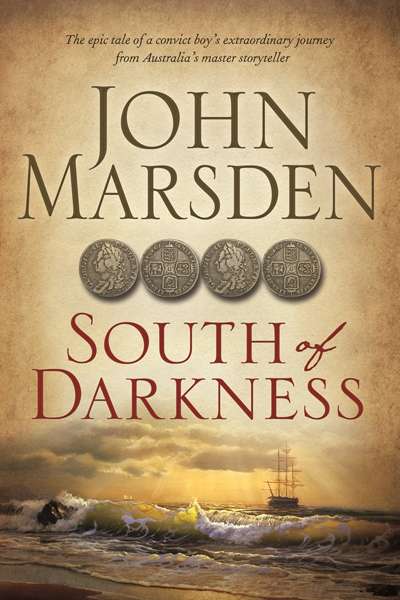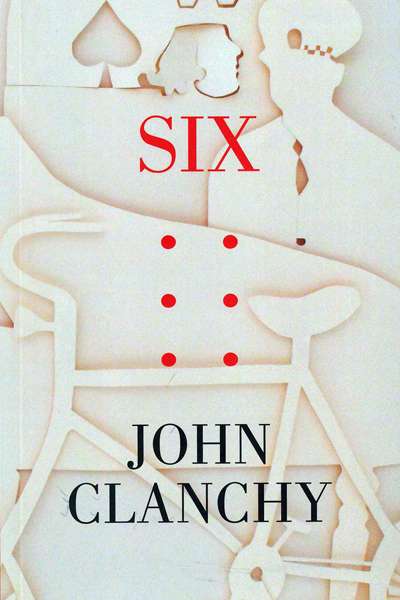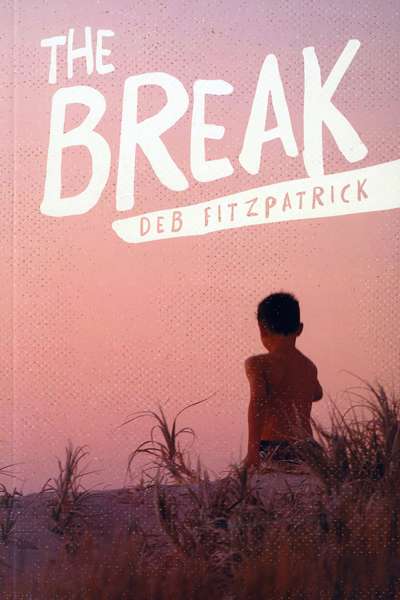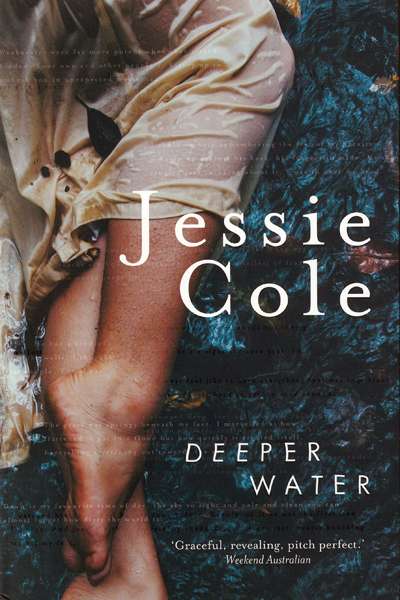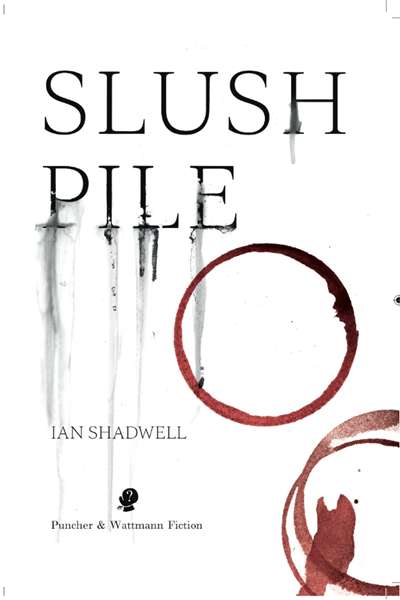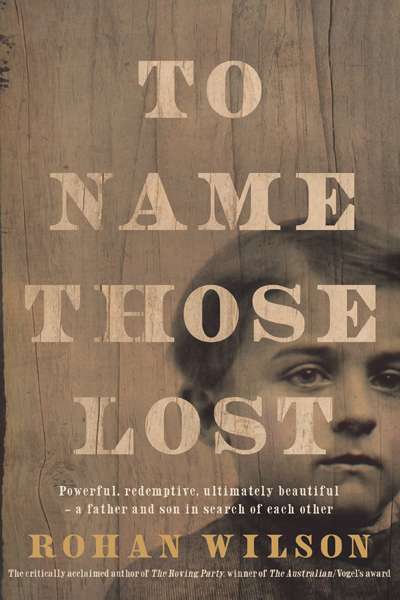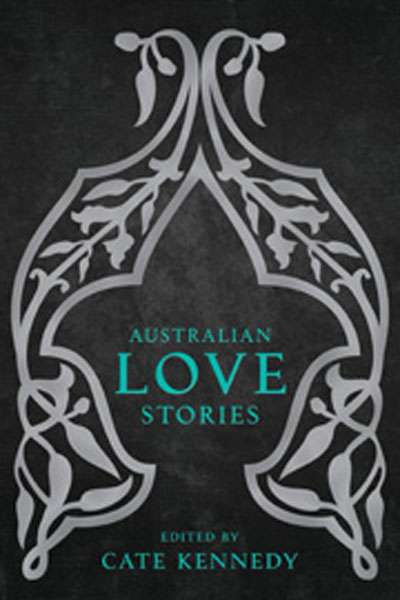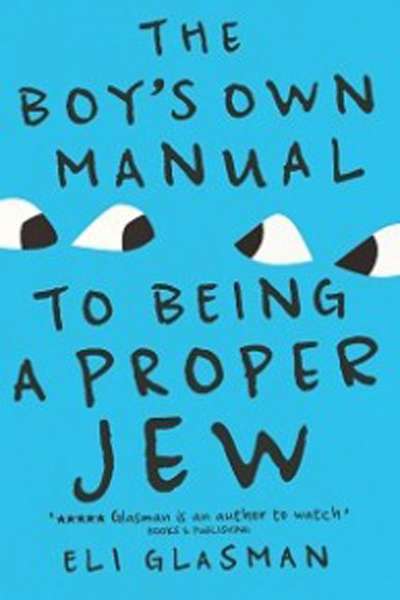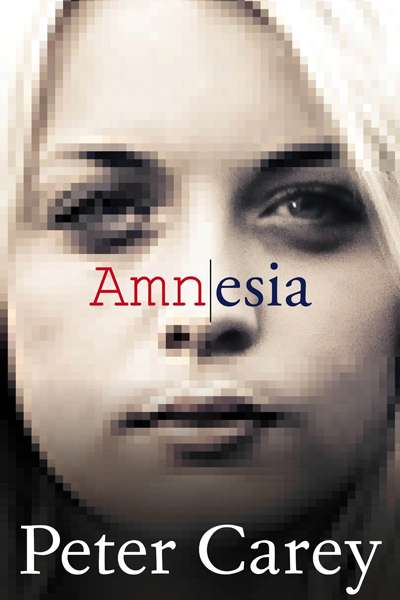Australian Fiction
A relatively unusual occurrence until recently, the publication of a plethora of new Australian Aboriginal-authored and/or Aboriginal-themed children’s books has begun transforming the Australian publishing landscape. A number of these books, like Rhoda Lalara and Alfred Lalara’s charmingly evocative Yirruwa Yirrilikenuma-langwa (When We Go Walkabout: Allen & Unwin, $24.99 hb, 32 pp, 9781743314562), are rendered bilingually, in the latter case in Anindilyakwa, the mother tongue of the majority of Groote Eylandt residents, as well as in English.
... (read more)The Boy’s Own Manual to Being a Proper Jew by Eli Glasman
by Crusader Hillis •

